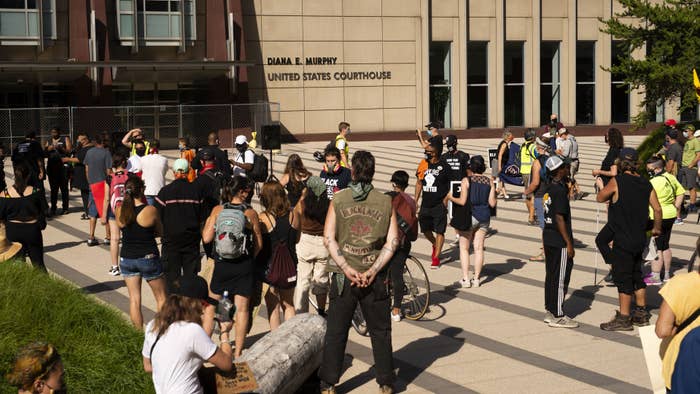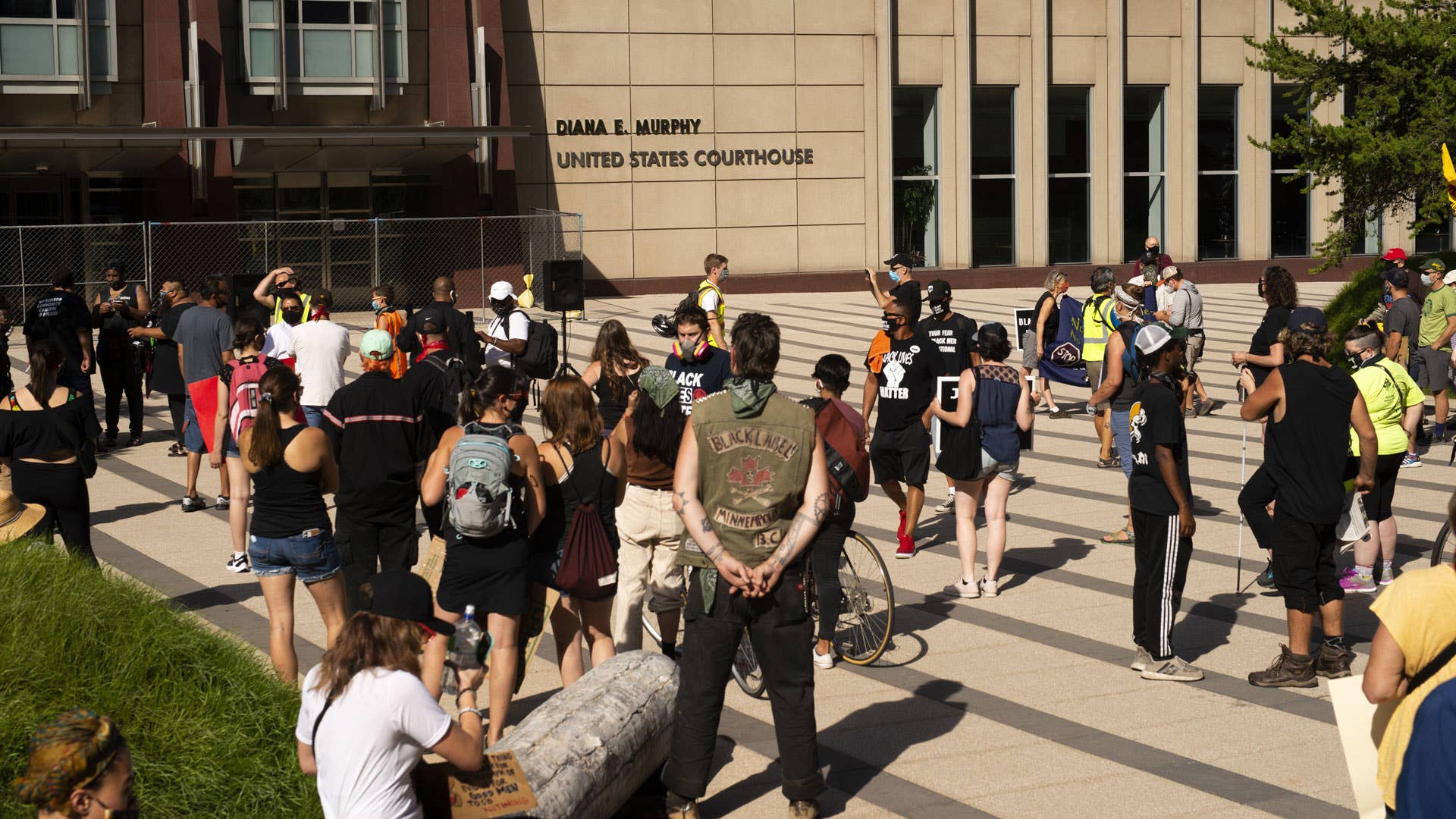
The city of Minneapolis is set to pay six people considered to be local social media influencers $2,000 apiece to push city-backed messages to their followers during the upcoming murder trial of Derek Chauvin. Chauvin was arrested last May and charged in the death of George Floyd.
Those social media deals are yet to be finalized (according to the city council) and the intent of putting out the messages is to prevent rioting during the trial (according to the local CBS affiliate).
The $2,000 flat fee per influencer is a tiny amount when contrasted with the overall $1,181,500 amount that the Minneapolis City Council has approved for the purpose of relaying info to the community during the trial. If the plan works as intended, the city says the influencers, who are reported to have large local followings, will tailor messages for local Black, Native American, Somali, Hmong and Hispanic communities.
The city council put out a statement to explain the move. That full statement said:
“The City is collaborating with social media partners to share public information with cultural communities and to help dispel potential misinformation during the upcoming trials of the former officers involved in the killing of George Floyd. The goal is to increase access to information to communities that do not typically follow mainstream news sources or City communications channels and/or who do not consume information in English. It’s also an opportunity to create more two-way communication between the City and communities. The recommendations for which social media messengers to partner with come from the City’s Neighborhood and Community Relations staff. The agreements with the social media partners have not been finalized. The City is adhering to procurement requirements for the selection and contracting processes.”
Critics of the move believe that info coming from influencers getting money from the city will be biased. A local activist, Toussaint Morrison, explained his position to WCCO-TV.
“The key word here is ‘city-approved’,” Morrison told that outlet. “What do you think the message is going to be? It’s going to be pro-city, it’s going to be anti-protest.”
“I don’t think they’ll reach out to me,” he added. “I hope they don’t because I don’t want them to waste their time.”
The Executive director of The Legal Rights Center in Minneapolis, Sarah Davis, also said that the move “really reflects that [the council knows] there’s a lack of trust between community and city institutions and that’s real, let’s be honest about that, that’s real.”
More details on these positions are set to be discussed through a public online briefing set to take place at 10 a.m. on Monday.
Jury selection for the case is set for March 8 with opening arguments due no earlier than March 29.

